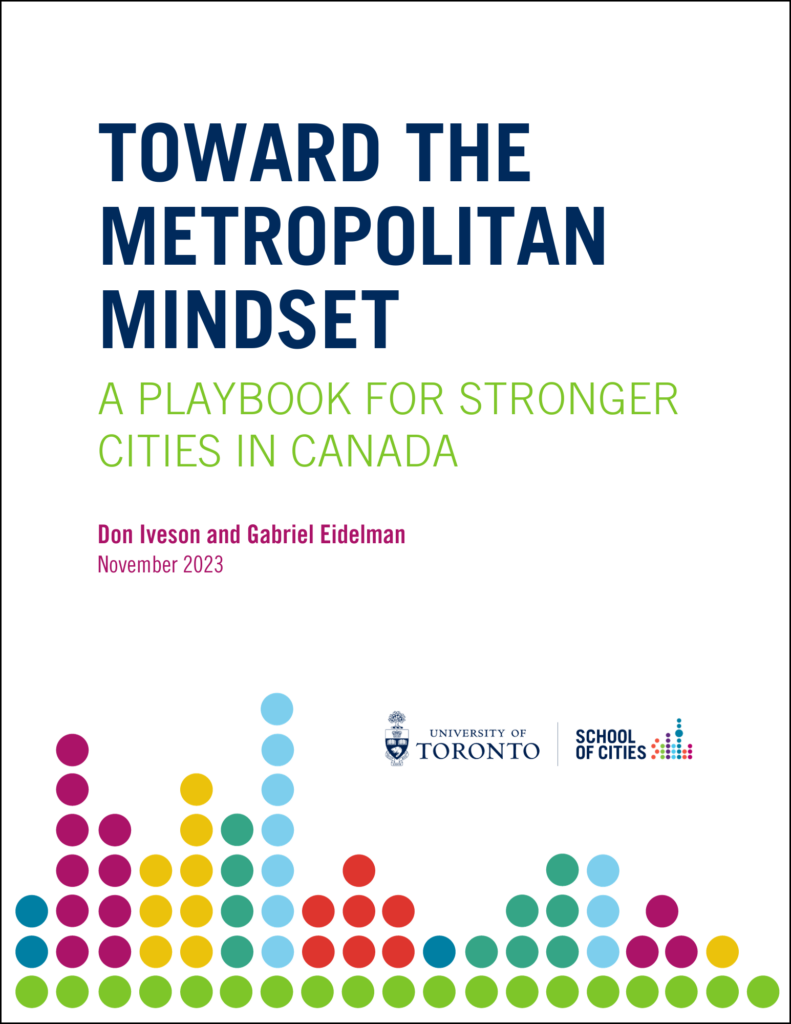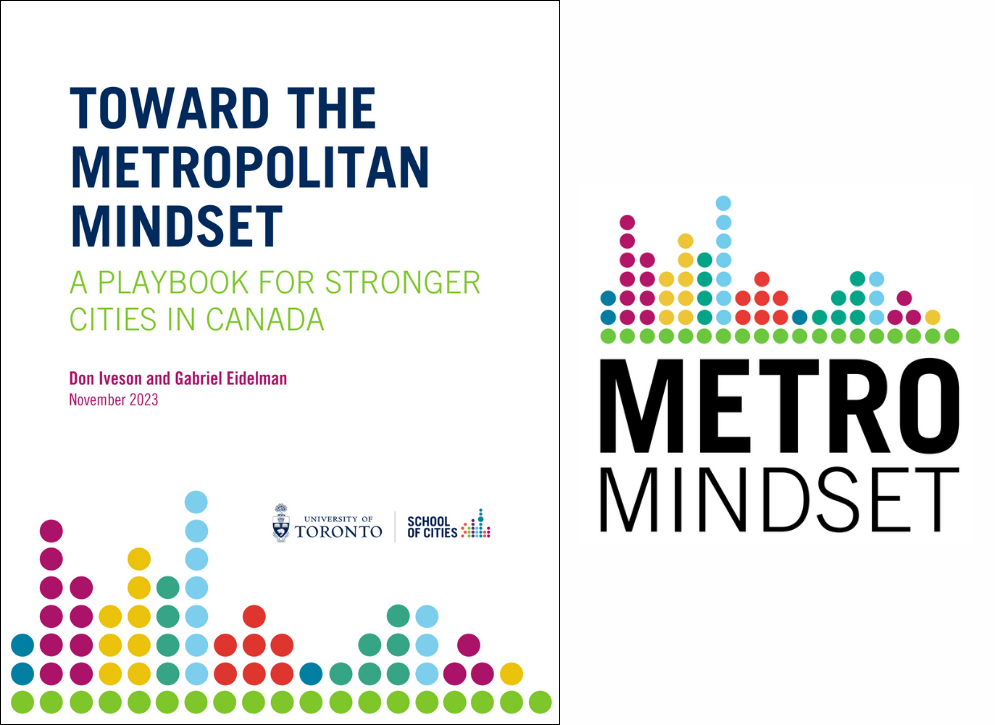To build better cities, we need to move past the traditional, zero-sum mindset that so often pervades local politics, where city leaders compete with their neighbours for scarce resources, to one that inspires, enables, and sustains collective problem solving across municipal borders. In short, we need to shift our thinking: from a municipal to a metropolitan mindset.
This shift requires extraordinary collaboration between local authorities and across all orders of government. But more than that, it requires us to understand, plan, and govern our cities as metropolitan systems. Trouble is, as experiences abroad and here in Canada remind us, designing and operating effective metropolitan governance arrangements is notoriously difficult. So how do we move forward?
The School of Cities’ Metropolitan Mindset initiative, led by Don Iveson, Canadian Urban Leader, and Professor Gabriel Eidelman, aims to cultivate the metropolitan mindset in Canada through research, education, partnerships, and advocacy.

The Metropolitan Mindset Part 1
The Metropolitan Mindset Part 2
The playbook
In November 2023, the School released Toward the Metropolitan Mindset: A Playbook for Stronger Cities in Canada as a starting point for greater dialogue between governments, industry, civil society, and the public about the future of metropolitan governance in Canada.
The report outlines two parallel game plans — one at the local level, for municipal leaders; and one at the provincial level, where power and resources are concentrated.
The local playbook focuses on building trust — the key ingredient needed to move past a scarcity mindset and spur collaboration. This means building dialogue through a multi-sector coalition of supporters, a shared vision of a collective future, momentum for change, and a commitment to continuous improvement. Local leaders need not agree with one another at every step. But they must foster relationships with their neighbours that can withstand disagreement, through mutual respect and a process of give and take.
The provincial playbook is all about raising expectations — making it clear to local municipalities that the metropolitan mindset is critical to provincial prosperity. This means sending a strong signal that municipalities are capable of working together; that the province will be there to support local leaders; and that the provincial interest in metropolitan problem solving is steadfast, and will not be derailed by local infighting. The goal is not to impose solutions, but rather champion and backstop the cause, no matter which way electoral winds blow.
Response papers
In the spirit of mutual learning and debate, the School invites academic experts and policy leaders from across the country to respond to Iveson and Eidelman’s report. To contribute a response, or invite the authors to speak at an event in your metro area, please contact the project team at communication.sofc@utoronto.ca.
Maps & data
Canada’s ten largest city-regions — Toronto, Montreal, Vancouver, Ottawa-Gatineau, Calgary, Edmonton, Quebec, Winnipeg, Hamilton, and Kitchener-Cambridge-Waterloo — are home to more than 20 million residents, more than half of Canada’s national population, accounting for 60% of national GDP.
Check out the interactive map below, which allows you to view these metropolitan areas, select different map layers, and turn on/off a metropolitan mindset by toggling municipal borders. View a full-screen version of this map here.
Multimedia
Events
The Metropolitan Mindset
On November 20, 2023 the School of Cities launched the Metropolitan Mindset playbook at an in-person event featuring co-author Don Iveson in conversation with Melanie Hare and Anne Golden.
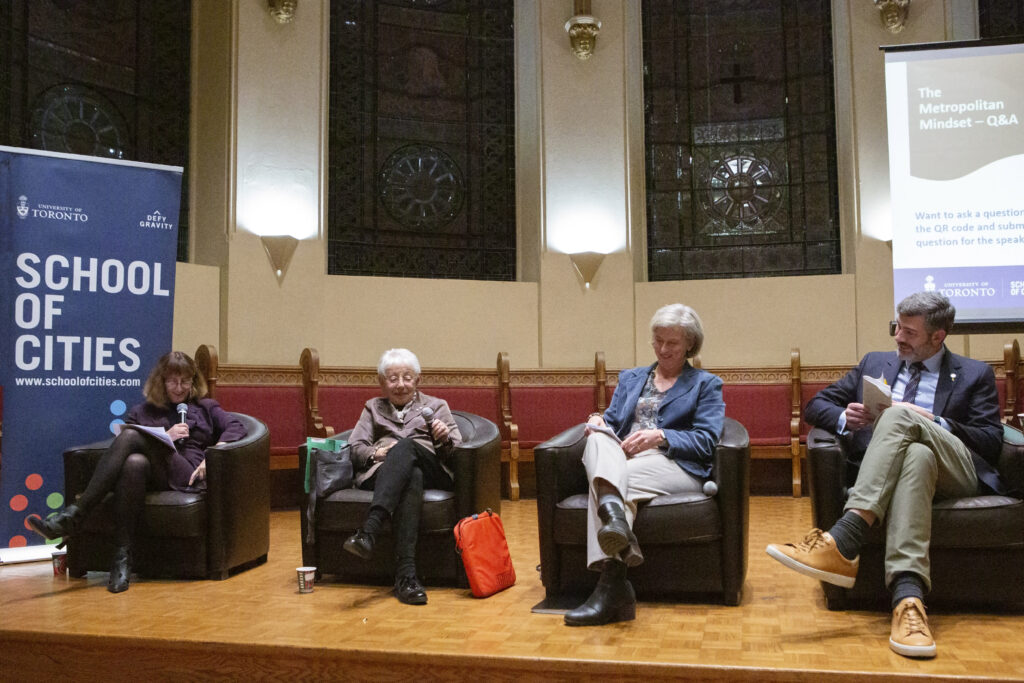
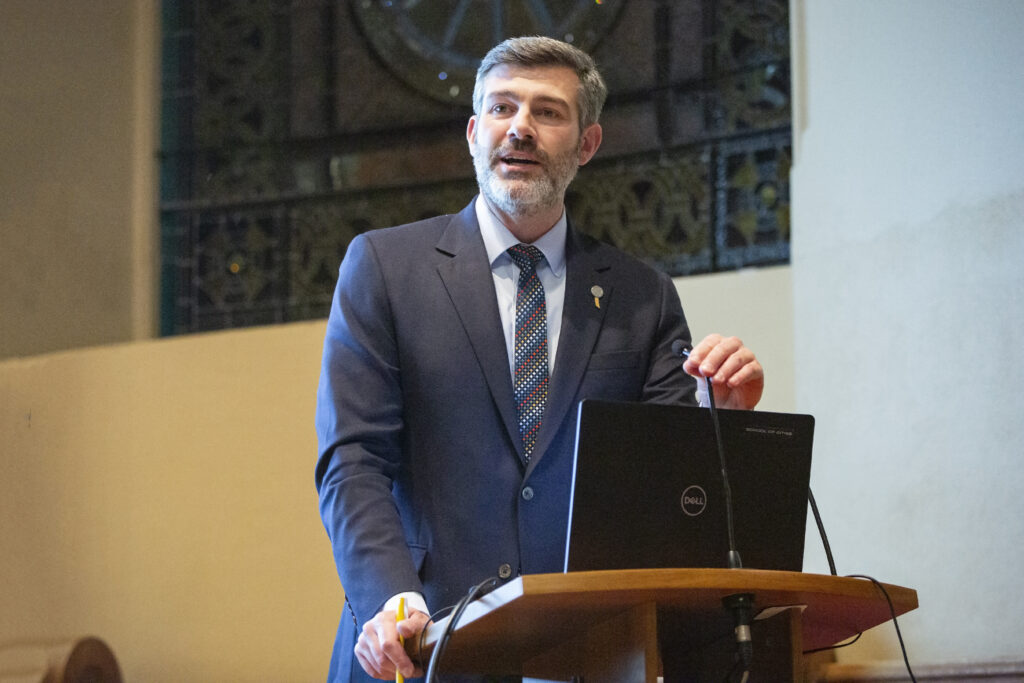
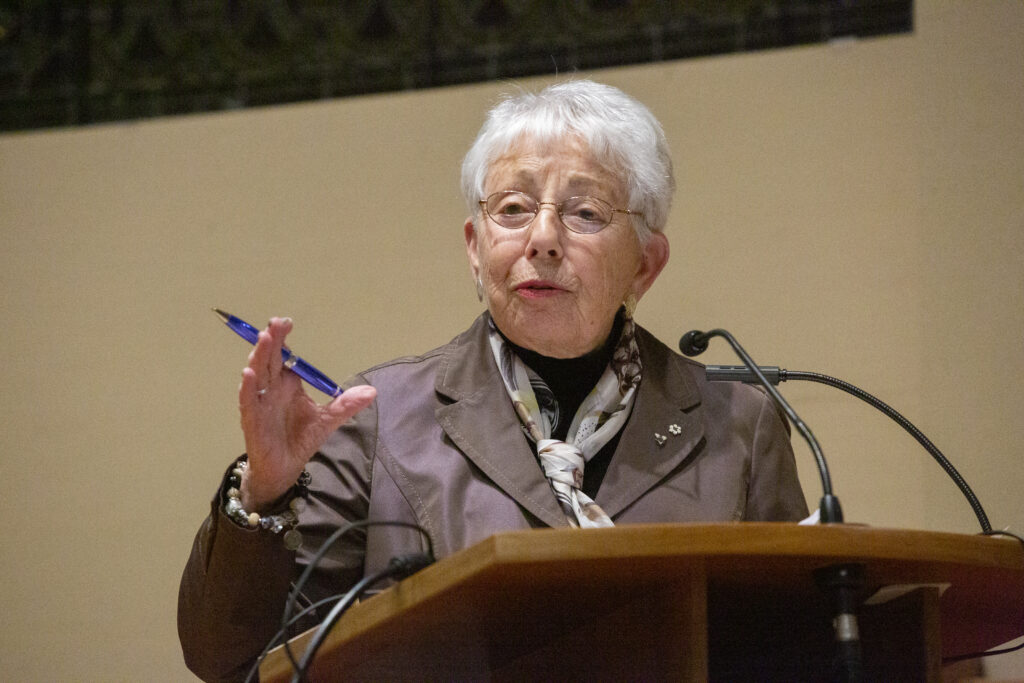
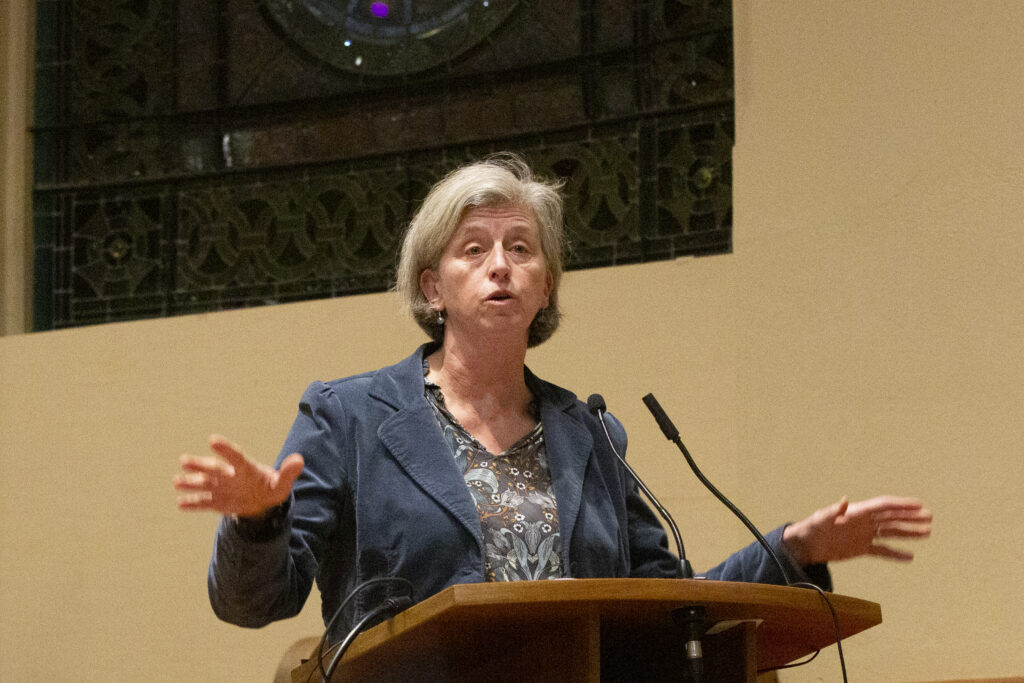
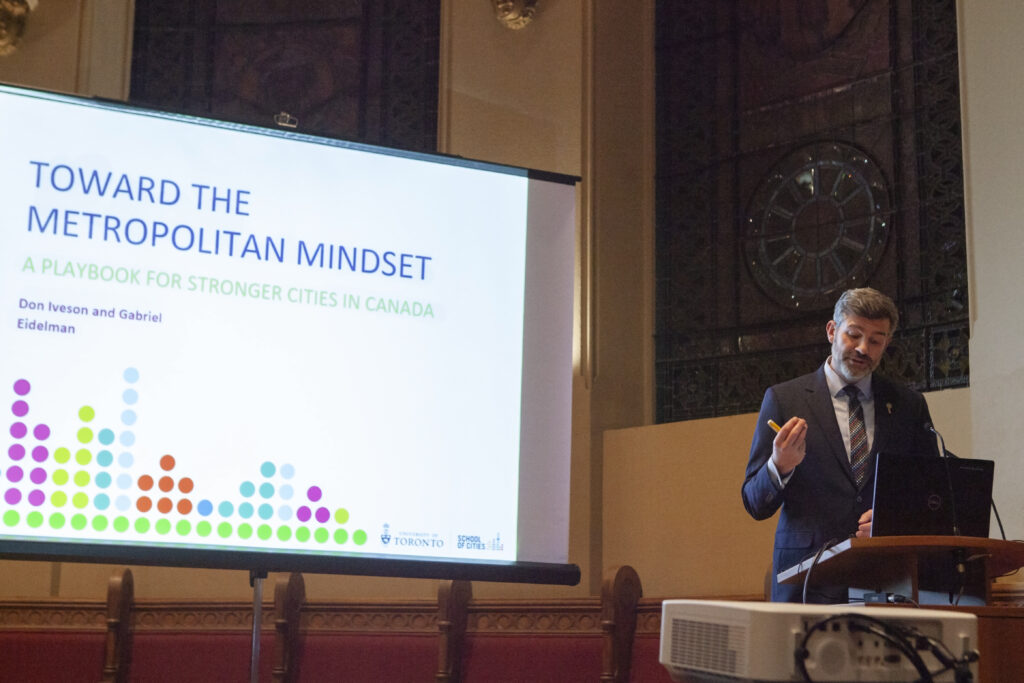
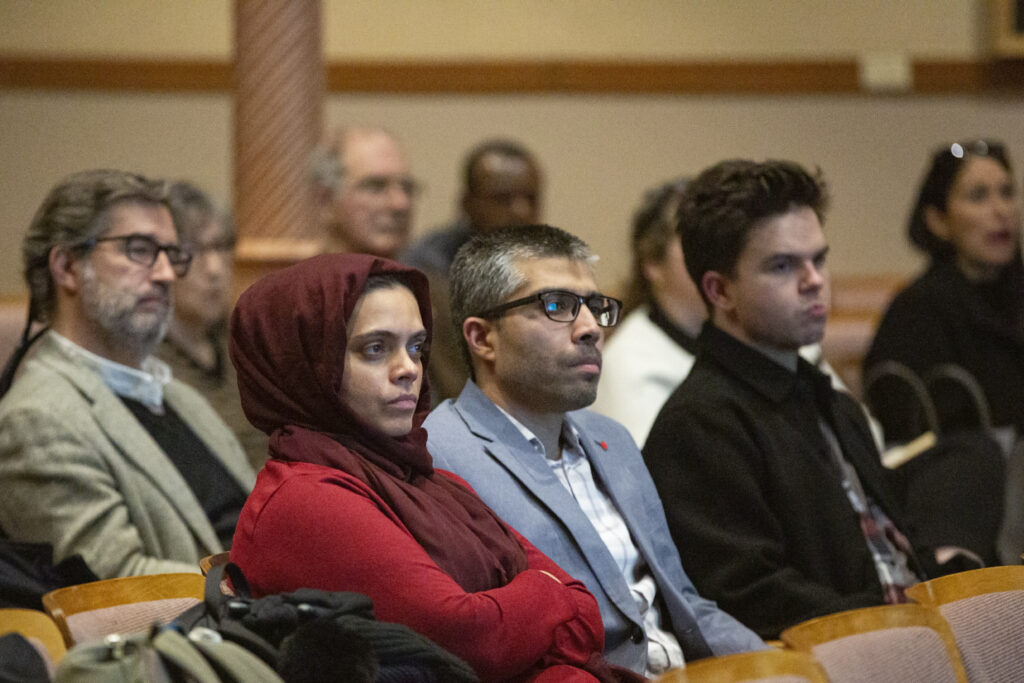
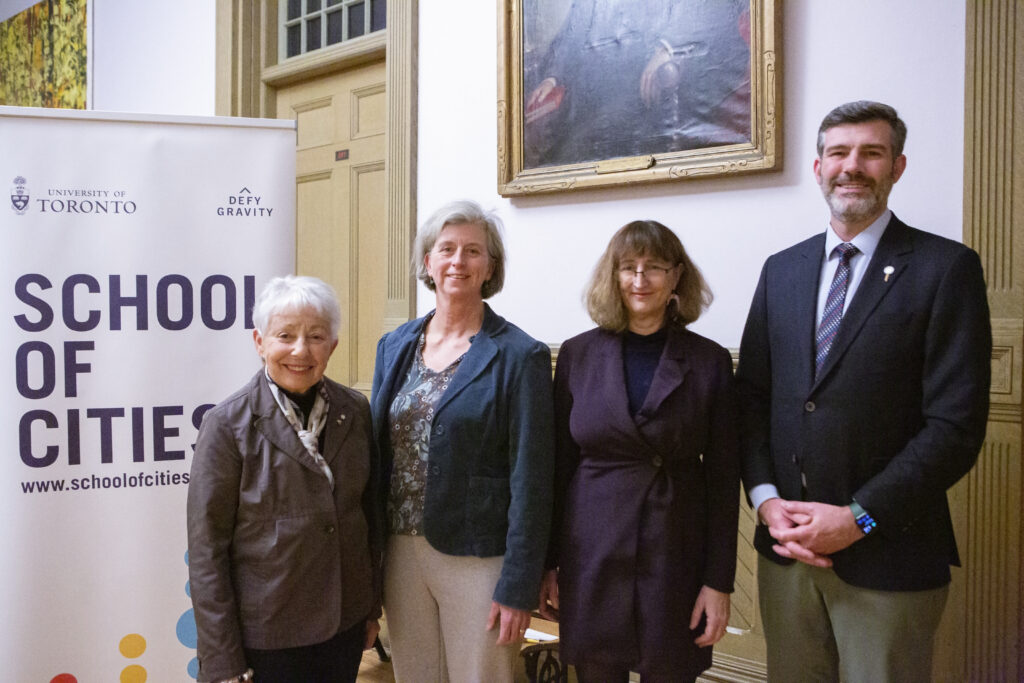
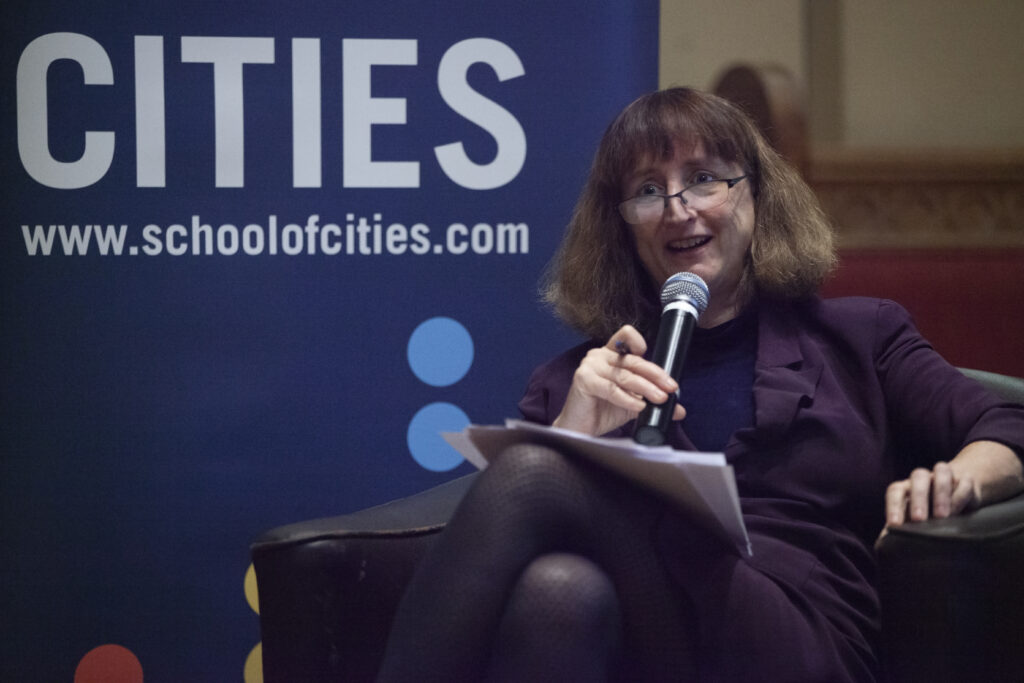
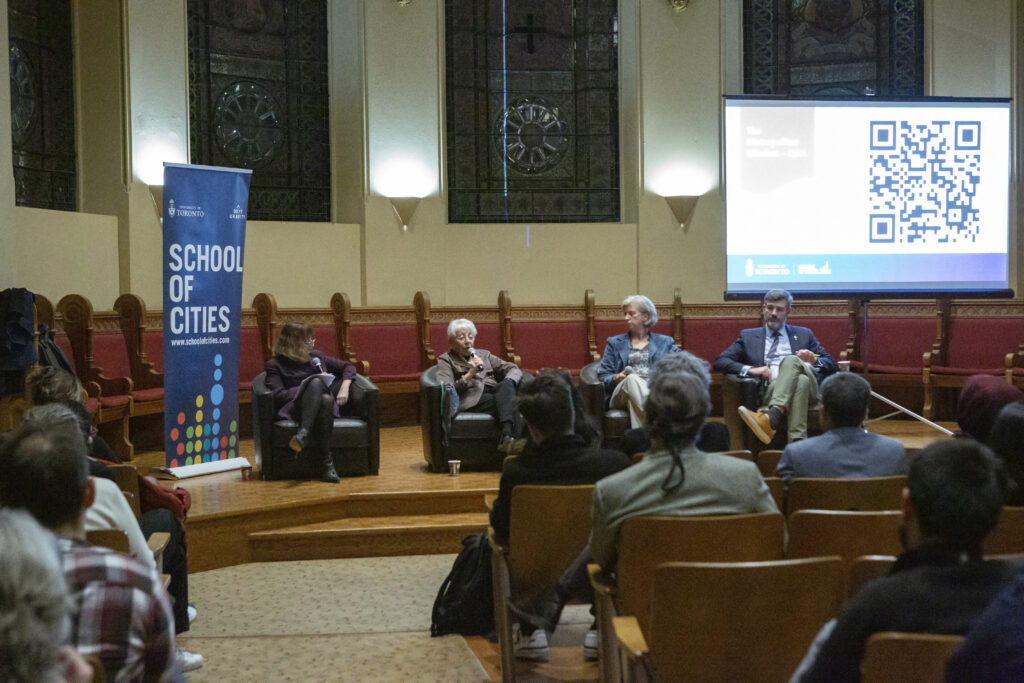
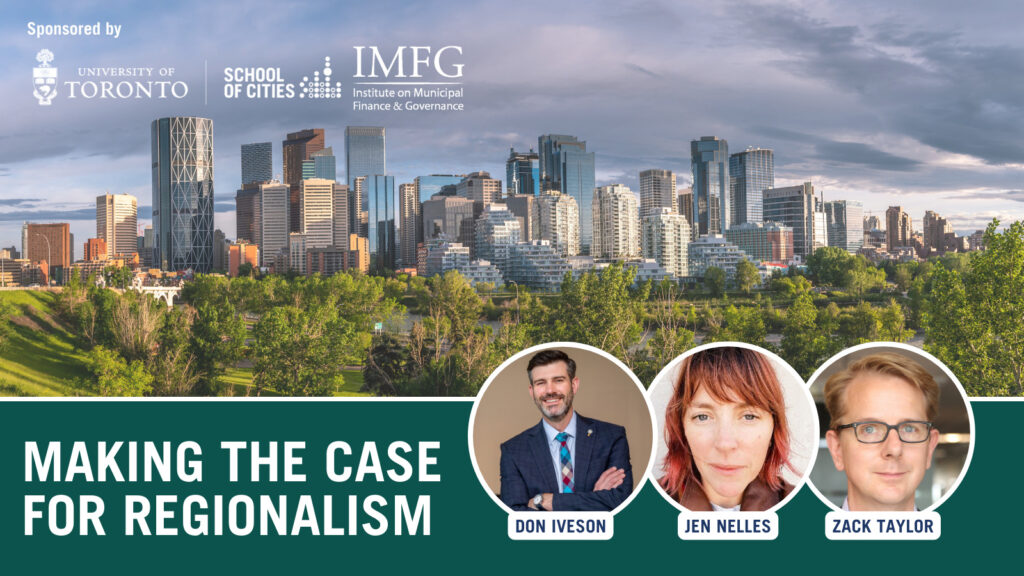
Making the case for regionalism
In January 2023, as municipal governments contended with pandemic recovery, rising inflation, and fiscal pressure, we asked what actions could be taken at a regional level to build more equitable, economically competitive, and livable regions?



